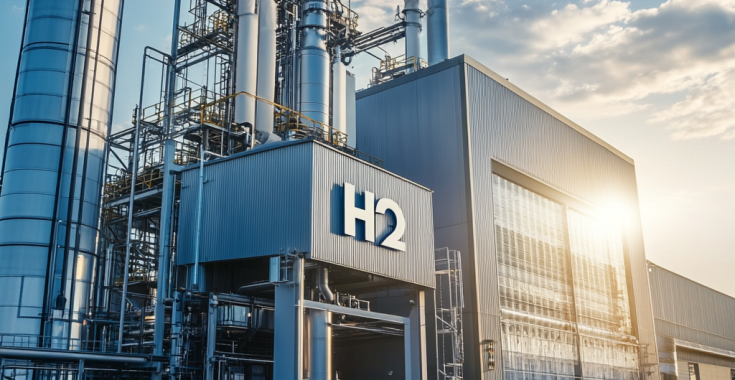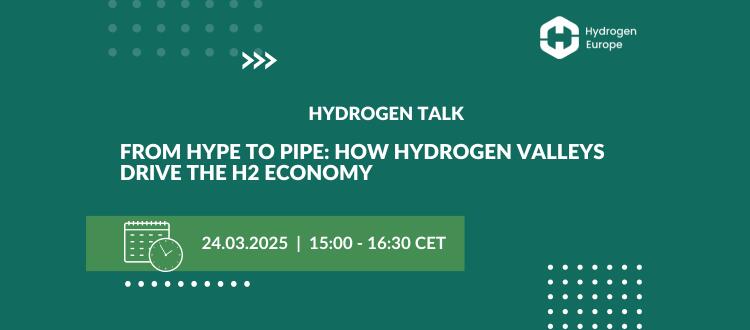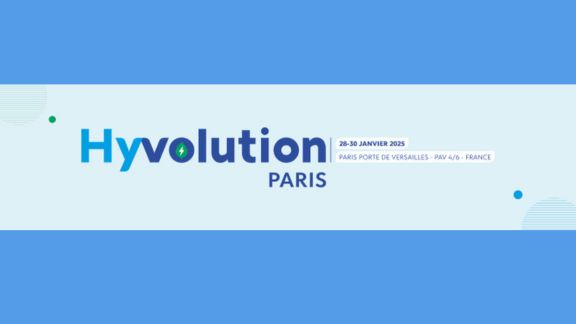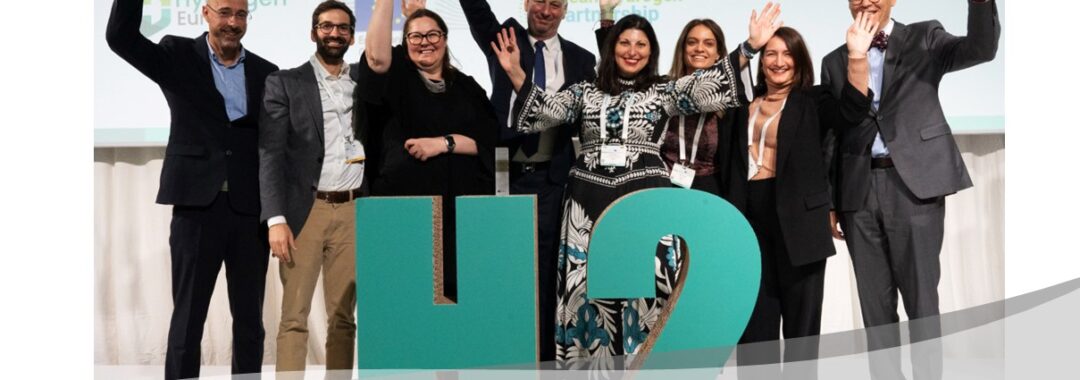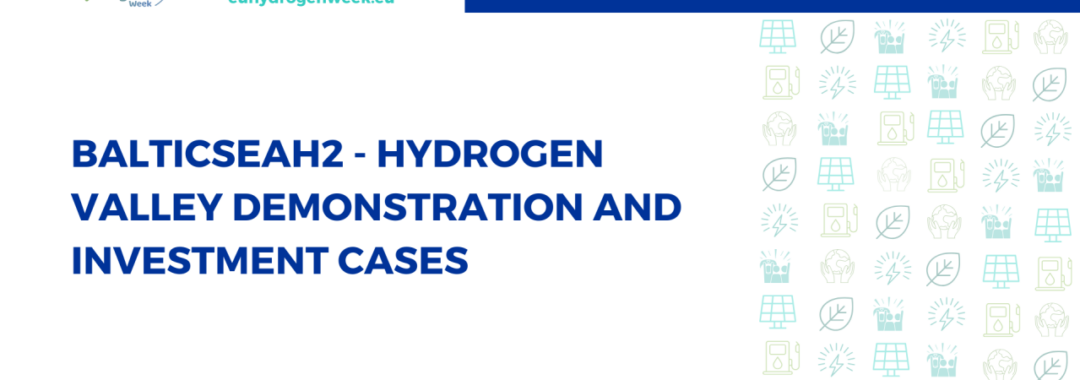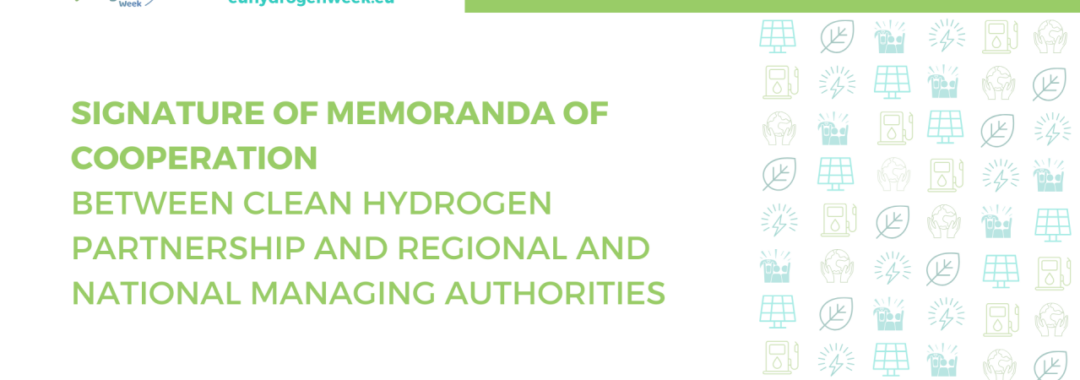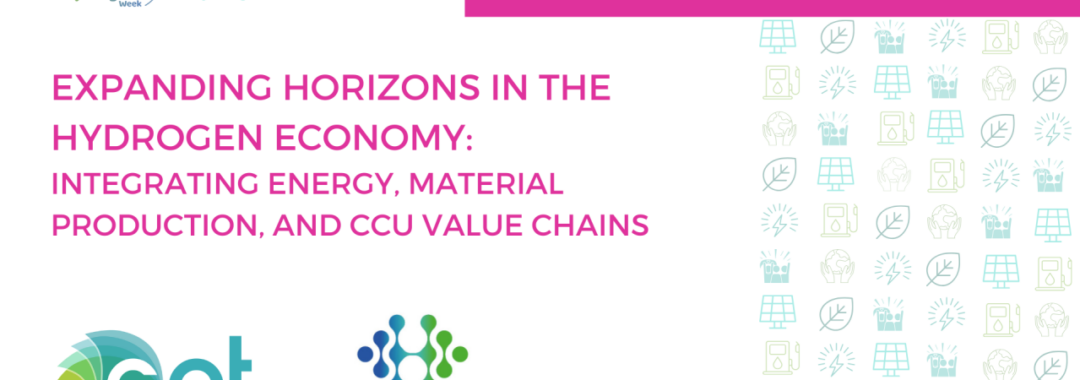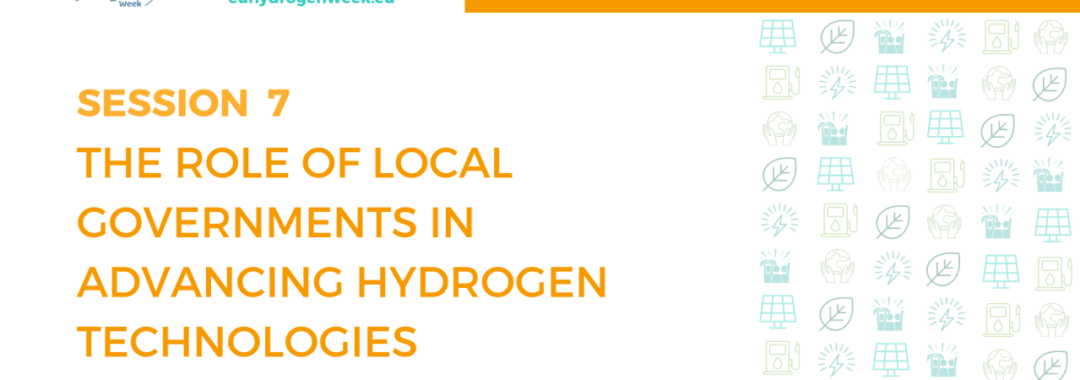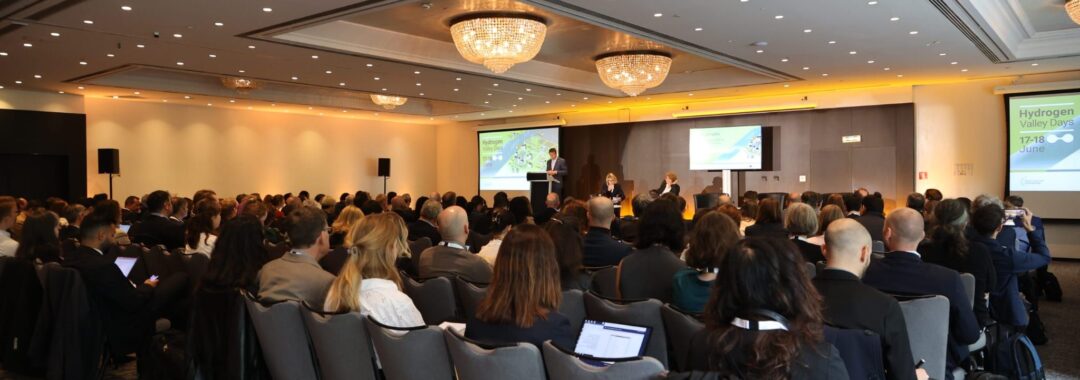The Policy Learning Platform hosted a successful webinar on May 6, 2025, focusing on «Advancing Hydrogen Valleys» as key drivers for a sustainable, low-carbon economy. The event brought together policymakers and regional development stakeholders to explore strategies for the effective development and scaling of these crucial hydrogen ecosystems.
The webinar emphasized how hydrogen valleys, by leveraging Smart Specialisation Strategies (S3), interregional collaboration, and tailored governance, can stimulate economic growth while contributing to climate neutrality. Discussions centered on the interplay between regional industrial strategies, technological advancements, and governance models supporting the deployment of hydrogen solutions across various sectors.
Key objectives of the webinar included introducing the hydrogen valley concept, discussing interregional complementarities, examining effective governance models, exploring supporting policy instruments, and showcasing best practices from successful regions.
Key insights from expert speakers:
-
Eng. Barbara Petronio (AREA Science Park, Italy) presented the North Adriatic Hydrogen Valley (NAHV), a pioneering transnational initiative spanning Croatia, Italy, and Slovenia. She highlighted its integrated approach to building a hydrogen-based economic, social, and industrial ecosystem, emphasizing stakeholder engagement and the project’s ambition to create a large-scale renewable hydrogen market.
-
Máximo Arias Day (Balearic Energy Institute, Spain) showcased the Green H2 Roadmap for the Balearic Islands, a good practice from the Green Hysland project featured in UNLOCK. He detailed the public-private collaboration driving the development of a comprehensive hydrogen ecosystem in Mallorca, aiming to establish a Southern European hydrogen hub with significant investment and potential for replication in other island regions.
-
Francisco Vigalondo (Aragon Region, Spain), representing the European Hydrogen Valleys S3 Partnership, provided a broader European perspective. He underscored the vital role of hydrogen valleys in demonstrating the EU’s hydrogen economy at a local level and highlighted the partnership’s efforts in fostering knowledge sharing and project matchmaking among its growing network of member regions.
The webinar underscored the diverse and dynamic landscape of hydrogen valley development across Europe. The presentations highlighted a strong commitment to building integrated hydrogen ecosystems through regional collaboration, strategic planning, and public-private partnerships. The insights shared offer valuable lessons for policymakers and stakeholders seeking to unlock the potential of clean hydrogen for a sustainable future.
More about the presentations:
Barbara Petronio (AREA Science Park, Italy): Petronio presented the North Adriatic Hydrogen Valley (NAHV) initiative, a pioneering transnational project spanning Croatia, Italy, and Slovenia. She emphasized the project’s unique «quadruple helix» model, integrating ahydrogen-based economic, social and industrial ecosystem. With significant funding from the Clean Hydrogen Partnership and a large consortium of partners, NAHV aims to establish a large-scale renewable hydrogen market, produce substantial green hydrogen across the region, and activate numerous pilot applications in industry, energy, and transport. Petronio also highlighted the project’s strong focus on public perception, policy development, capacity building, and stakeholder engagement, underscoring the importance of a robust ecosystem for a successful hydrogen valley.
Máximo Arias (Balearic Energy Institute, Mallorca, Spain): Arias showcased the Green H2 Roadmap for the Balearic Islands, from the Green Hysland project, a good practice recognized by the UNLOCK project. This public-private collaboration aims to deploy a comprehensive hydrogen ecosystem on the island of Mallorca, with a vision towards 2050. The roadmap, based on detailed techno-economic studies and stakeholder consultations, identifies key hydrogen applications across various sectors, including transport, maritime, industry, and energy storage. A significant milestone is the mobilization of €50 million to build an electrolysis plant, aiming to establish the first Southern Europe hydrogen hub in an island context. Arias emphasized the potential for scalability and replication of this model in other island regions and beyond.
Francisco Vigalondo (Aragon Region, representing Hydrogen Europe): Vigalondo provided a broader European perspective through the European Hydrogen Valleys Partnership. He emphasized the growing recognition of hydrogen valleys as vital instruments for showcasing the EU’s hydrogen economy at a local level. The partnership, initiated by Normandy, Auvergne-Rhône-Alpes, and Aragon, now encompasses 67 member regions across several countries, working to foster knowledge sharing and project matchmaking. Francisco Vigalondo highlighted the partnership’s role in facilitating the preparation of proposals for hydrogen valley calls and its ongoing efforts to evolve its methodology and provide technical assistance to its members, aiming to accelerate the development and deployment of hydrogen valleys across Europe.
Key takeaways:
The webinar underscored the diverse and dynamic landscape of hydrogen valley development in Europe. From large-scale transnational initiatives to regional island strategies, and a Europe-wide partnership fostering collaboration, the presentations highlighted the commitment to building integrated hydrogen ecosystems. The focus on production, infrastructure, end-use applications, and the crucial role of regional collaboration and public-private partnerships were recurring themes, demonstrating the collective effort to unlock the potential of clean hydrogen for a sustainable future.
